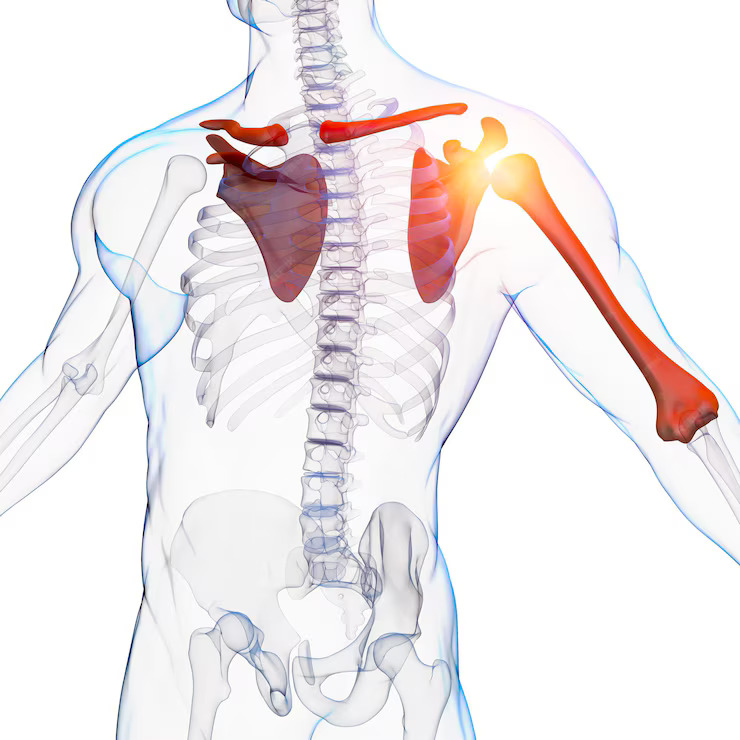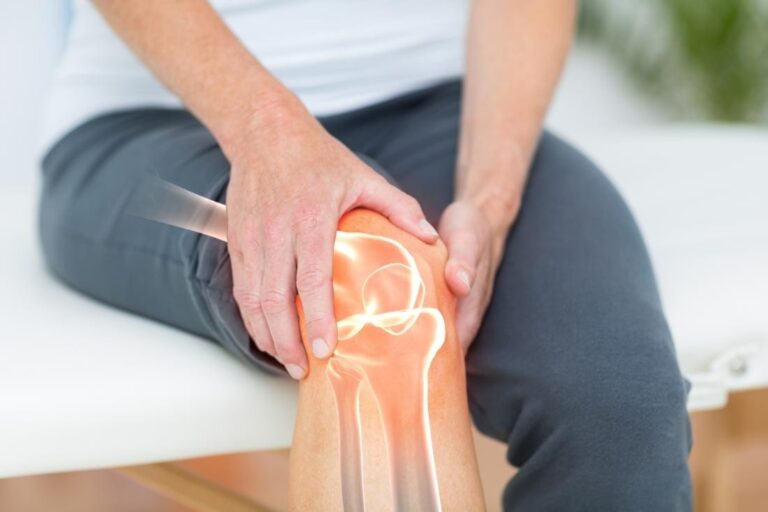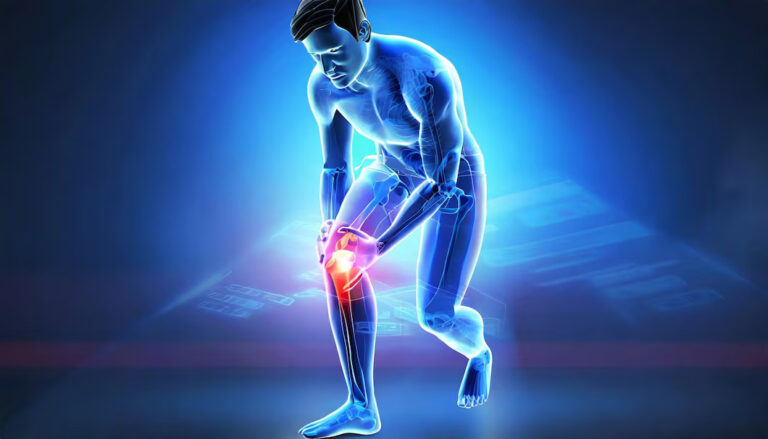Future Trends In Knee Pain Management And Research
As advancements in medicine and technology continue to reshape healthcare, the landscape of knee pain management and research is also evolving rapidly. From innovative treatments to cutting-edge research, the future holds promising avenues for addressing knee pain more effectively. In this article, we delve into some of the emerging trends that are shaping the future of knee pain management and research.
To Know More About It Please Click Here
Precision Medicine
One of the most significant trends in healthcare is the shift towards precision medicine, which involves tailoring treatments to the individual characteristics of each patient. This approach is increasingly being applied to knee pain management, where genetic factors, biomechanics, and lifestyle considerations play crucial roles in determining treatment efficacy. By leveraging advancements in genomics, imaging technologies, and data analytics, clinicians can better understand the underlying mechanisms of knee pain and personalize treatment strategies for improved outcomes.
Regenerative Medicine
Regenerative medicine offers promising avenues for repairing damaged tissues and promoting healing in the knee joint. Techniques such as platelet-rich plasma (PRP) therapy, stem cell therapy, and tissue engineering are being explored as potential treatments for knee injuries and degenerative conditions like osteoarthritis. These approaches aim to harness the body’s natural healing processes to regenerate damaged cartilage, ligaments, and other structures within the knee, offering patients alternatives to traditional surgical interventions.
Advanced Imaging Techniques
Advancements in imaging technologies, such as MRI, CT scans, and ultrasound, are revolutionizing the diagnosis and treatment of knee pain. High-resolution imaging allows for more precise visualization of structural abnormalities, inflammation, and biomechanical issues within the knee joint. Additionally, techniques like dynamic imaging and 3D modeling enable clinicians to assess joint function in real time, guiding treatment decisions and optimizing outcomes.
Minimally Invasive Procedures
Minimally invasive procedures are becoming increasingly popular for the treatment of knee pain, offering patients shorter recovery times, less post-operative pain, and reduced risk of complications compared to traditional open surgery. Techniques such as arthroscopy, percutaneous needle procedures, and minimally invasive joint replacement are being refined to address a wide range of knee conditions, from meniscal tears to advanced osteoarthritis.
Integrative Approaches
In addition to conventional medical treatments, integrative approaches to knee pain management are gaining traction. These approaches combine evidence-based interventions such as physical therapy, acupuncture, chiropractic care, and mind-body techniques to address the multifaceted nature of knee pain. By taking a holistic approach that addresses not only the physical but also the emotional and psychological aspects of pain, integrative therapies offer comprehensive solutions for patients seeking alternatives to medication or surgery.
Wearable Technology and Digital Health
The rise of wearable technology and digital health platforms is transforming how knee pain is monitored and managed outside of clinical settings. Wearable devices such as activity trackers, smart braces, and biofeedback systems can provide real-time data on movement patterns, joint loading, and biomechanics, allowing patients and clinicians to track progress, modify treatment plans, and optimize rehabilitation strategies remotely. Additionally, telemedicine platforms enable virtual consultations and remote monitoring, expanding access to care for patients with knee pain, particularly in underserved areas
Conclusion
The future of knee pain management and research is bright, with exciting advancements on the horizon. From precision medicine and regenerative therapies to advanced imaging techniques and integrative approaches, a multidisciplinary approach is key to addressing the complex nature of knee pain effectively. By embracing these emerging trends and technologies, clinicians can improve outcomes, enhance patient satisfaction, and ultimately, transform the lives of millions affected by knee pain worldwide.
Also, Follow us on Instagram







